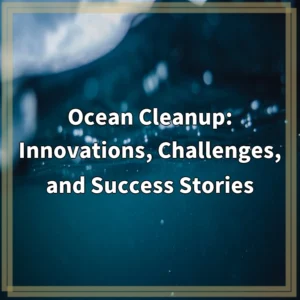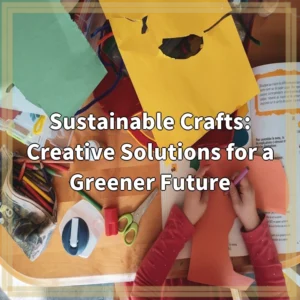What are Green Educational Programs?
Green educational programs are initiatives designed to promote environmental education and awareness among individuals and communities. These programs aim to instill a sense of responsibility and stewardship towards the environment, equipping participants with knowledge and skills to address environmental challenges and create sustainable solutions.
Real-World Problems Associated with Green Educational Programs
Despite the commendable efforts put into green educational programs, there are several challenges and obstacles that need to be addressed in order to ensure their effectiveness and impact.
1. Limited Access and Resources
Many educational institutions, particularly in disadvantaged communities, may not have sufficient access to resources, funding, or qualified instructors to implement comprehensive green educational programs. This can result in educational inequalities, with certain groups of students missing out on crucial environmental education.
2. Lack of Integration into Curricula
In some educational systems, environmental education is not integrated into the core curricula, and it may be treated as an optional or extracurricular subject. This limits the opportunity for students to receive consistent and comprehensive instruction on environmental issues, as well as prevents the integration of sustainability concepts into various disciplines.
3. Insufficient Teacher Training
Teachers play a vital role in imparting environmental knowledge and fostering a sense of environmental consciousness among students. However, many educators may lack the necessary training and resources to effectively incorporate environmental education into their teaching practices. This gaps in teacher training can hinder the delivery of high-quality green educational programs.
4. Difficulty in Measurement and Evaluation
Evaluating the effectiveness and impact of green educational programs can be challenging. Assessing changes in attitudes, behaviors, and knowledge levels requires appropriate tools and methodology. Without consistent evaluation and feedback mechanisms, it becomes challenging to refine and improve these programs over time.

Solutions for Green Educational Programs
1. Increased Funding and Resource Allocation
In order to address the limitations of access and resources, it is crucial to allocate sufficient funding and resources to support the implementation of green educational programs. This includes providing schools and organizations with the necessary supplies, materials, and qualified instructors to deliver comprehensive environmental education.
2. Integration into Core Curricula
To ensure that every student receives exposure to environmental education, it is important to integrate sustainability concepts into core curricula across different subjects and grade levels. By incorporating environmental topics into subjects like science, social studies, and even mathematics, we can foster a holistic understanding of the interconnectedness between human actions and the environment.
3. Teacher Training and Professional Development
Providing teachers with adequate training and professional development opportunities is essential for the successful integration of environmental education into classrooms. Instructors should be equipped with the knowledge, skills, and tools to effectively teach and engage students in environmental topics. Teacher training programs, workshops, and partnerships with environmental organizations can support ongoing professional development.
4. Improved Evaluation and Assessment Methods
Developing robust evaluation methods is crucial for measuring the impact of green educational programs. This includes utilizing both qualitative and quantitative assessment tools to evaluate changes in knowledge, attitudes, and behaviors among participants. Feedback mechanisms, surveys, and partnerships with research institutions can help in the continuous improvement of these programs.













